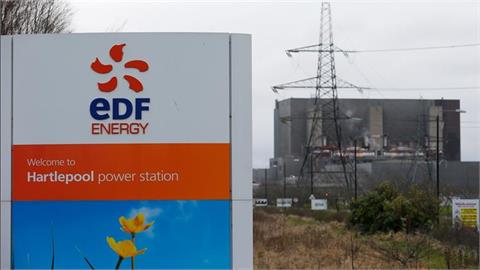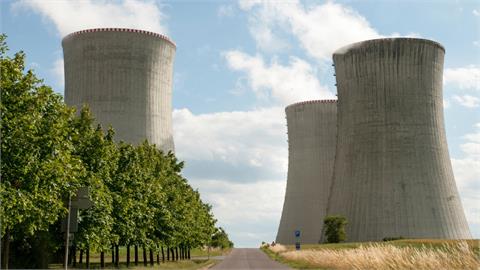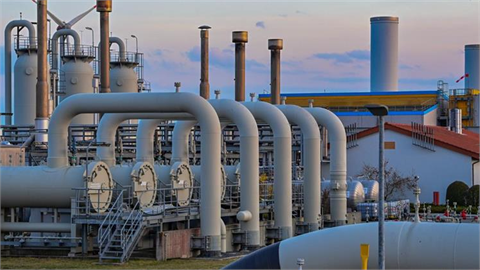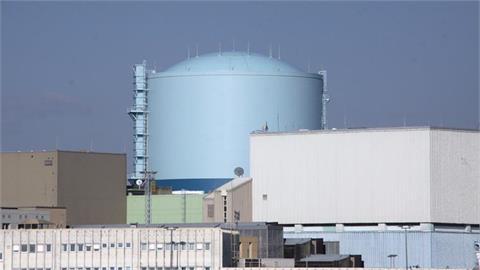The leaders of Serbia, Albania, and North Macedonia vowed to work together to preserve peace and stability in the Western Balkans, with a specific focus on helping each other cope with possible food and energy shortages in the face of the war in Ukraine.
The comments came at the Open Balkan initiative summit on September 2 in Belgrade, the Serbian capital, attended by host President Aleksandar Vucic, Albanian Prime Minister Edi Rama, and the prime minister of North Macedonia, Dimitar Kovachevski.
They were joined by Montenegrin Prime Minister Dritan Abazovic; the chairman of the Council of Ministers of Bosnia-Herzegovina, Zoran Tegeltia; Turkish Foreign Minister Mevlut Cavusoglu; Hungarian Foreign Minister Peter Szijjarto; and EU Commissioner for Enlargement Oliver Vargei.
The six Western Balkan nations -- Serbia, Albania, North Macedonia, Montenegro, Bosnia-Herzegovina, and Kosovo--– all aspire to join the EU, although some lingering issues, such as regional conflicts, corruption, and the rule of law, have slowed the process.
The Open Balkans initiative, launched in 2019, aims to encourage economic cooperation and to press the case of regional countries for eventual EU membership.
At the summit, Vucic, Rama, and Kovachevski agreed to form a body that would help the three governments share surplus energy and food supplies.
"Everything that is ours will be available to North Macedonia and Albania, and vice versa," Vucic told reporters.
“This was the right step at the right moment,” Kovachevski said. “We are here together to send a message of solidarity between our states and governments and readiness to jointly tackle the crisis and the tough winter that we are facing.”
The nations agreed to establish so-called "green corridors" in which citizens and trucks with goods will be able to cross borders in 15-20 minutes, instead of having to endure long waits, as was often the case previously.
Albania's Rama said the upcoming winter will be the most difficult from an energy point of view and said the three countries would ask the EU to help them during the rough times.
"The best scenario for Albania would be a half-billion euros ($498 million) [in additional aid] for...continuous electricity supplies," Rama said. "I call on the EU not to repeat the shameful behavior from the [COVID-19] pandemic, when Western Balkan countries had to turn to China, Russia, and Turkey."
Vucic said that “we are facing a hard winter, and anyone who says different would not be fair and would not be telling the truth.”
(www.rferl.org -with reporting by AP and Reuters, September 02, 2022)



